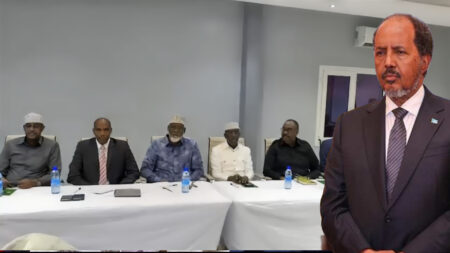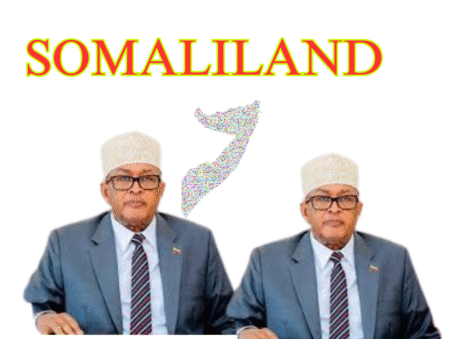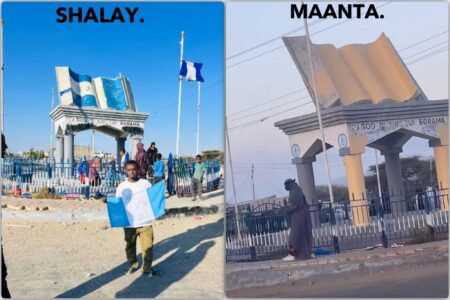The United Arab Emirates (UAE) has historically played a pivotal role in promoting unity and support among Arab nations. This role has been characterized by diplomatic engagement, economic partnerships, and a commitment to collective action on regional issues. However, following the death of the previous ruler, there has been a noticeable shift in the UAE’s policies that raises concerns within the Arab and Muslim communities.
Under the new leadership, the UAE’s alignment with Israel, particularly in the context of the ongoing humanitarian crisis in Gaza, has drawn criticism. The perceived support for Israel amidst allegations of genocide has alienated many in the Arab world, who view this as a betrayal of shared values and solidarity. This shift is not merely a diplomatic misstep; it signifies a deeper realignment that threatens the unity of Arab nations and their collective interests.
The UAE’s actions in regions like Libya, Sudan, Syria, Yemen, and Somalia further illustrate this troubling trend. In Somalia, the UAE has reportedly pursued a strategy of fragmentation, effectively dividing the nation into smaller regions while securing control over key ports through DP World. This exploitation of natural resources, with little benefit to the local population, raises serious ethical concerns. Furthermore, the UAE’s collaboration with Ethiopia, which has ambitions to control parts of Somali maritime territory, poses a significant threat to Somalia’s sovereignty.
Ethiopia’s agenda, closely aligned with Israeli interests, aims to exert control over critical maritime routes such as the Gulf of Aden and Bab el Mandeb. The historical connection between Ethiopia and Israel, particularly through the presence of the Ethiopian Jewish community (Falasha), adds another layer of complexity to this geopolitical landscape. The implications for neighboring countries, especially Egypt, Yemen, and Saudi Arabia, are profound. The potential annexation of Somali maritime territory by Ethiopia, facilitated by UAE support, constitutes a violation of international law and threatens regional stability.
In light of these developments, it is imperative for the Arab and Muslim world to respond decisively. Financial and military support for the federal government of Somalia is crucial to counteract these external pressures and to uphold Somalia’s sovereignty. Additionally, imposing sanctions on Ethiopia may serve as a necessary measure to deter further encroachments on Somali territory and to reaffirm the principles of territorial integrity and international law.
The situation demands urgent attention and a united front from Arab and Muslim nations. The recent actions of the UAE’s leadership call for a reevaluation of alliances and a recommitment to the principles of solidarity and mutual support that have historically defined the Arab world. Failure to act may not only jeopardize Somalia but could also lead to broader regional instability, undermining the security and unity of the entire Arab and Muslim community.
By: Askar




